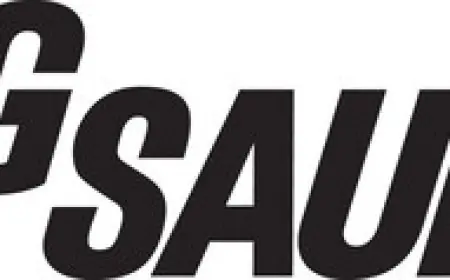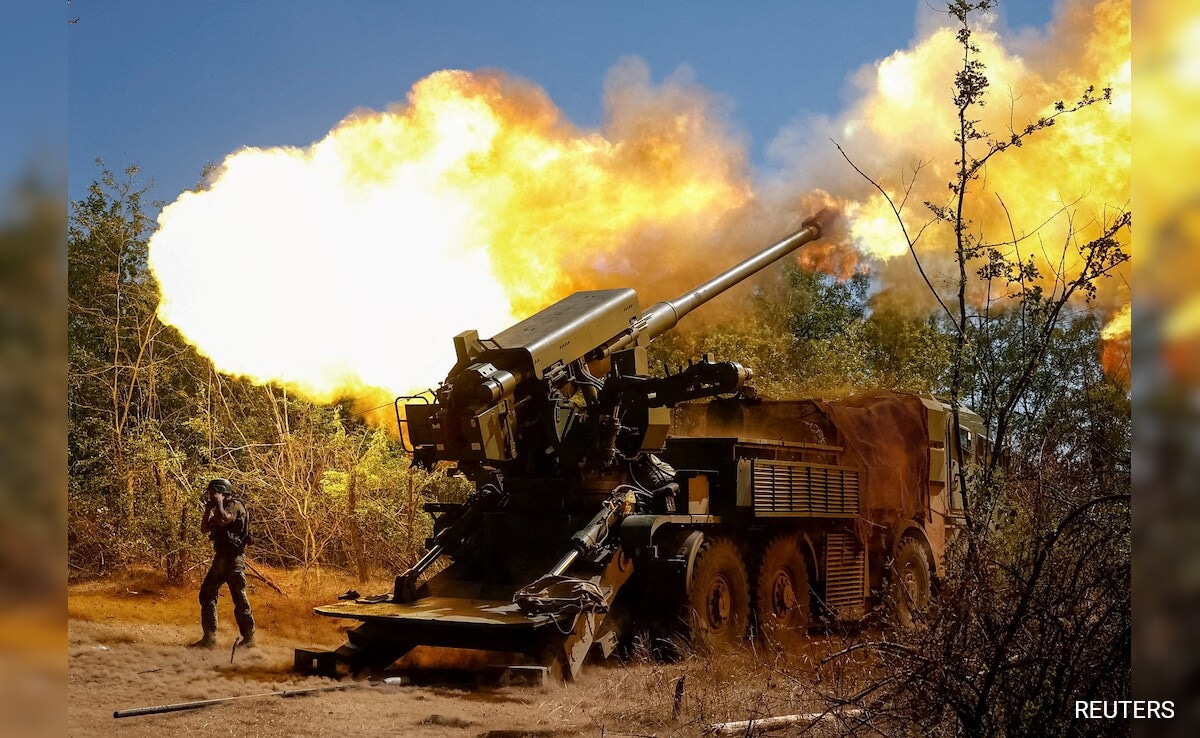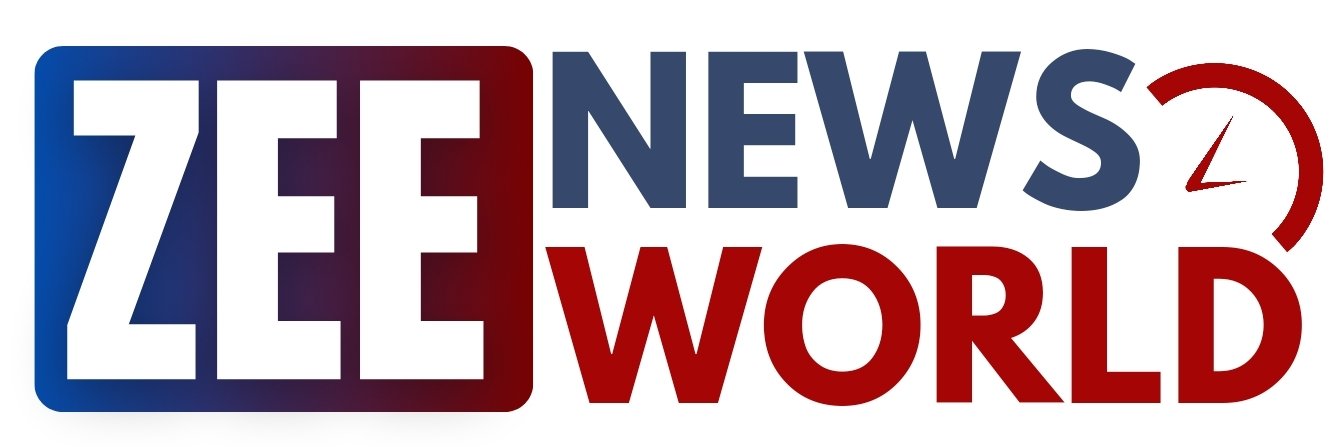Oil-Sensitive Stocks Tumble As Brent Crude Soars Amid Israel-Iran Tensions
Stocks linked to crude oil sensitivity witnessed a sharp decline in early trading on Monday, reacting to the sudden surge in global crude oil prices amid escalating tensions between Israel and Iran. The jump in Brent crude prices rattled sectors heavily dependent on oil, causing notable losses across oil marketing companies, aviation, and paint industries. Oil Marketing, Aviation and Paint Stocks Slide in Early Trade Leading the decline were shares of major oil marketing companies. Bharat Petroleum Corporation Ltd saw its stock dip by 1.54 per cent, Indian Oil Corporation fell 1.22 per cent, while Hindustan Petroleum Corporation Ltd lost 1 per cent on the BSE, reported PTI. Aviation stocks also faced heavy selling pressure, with SpiceJet tumbling 2.47 per cent and InterGlobe Aviation slipping by 2.24 per cent. Paint and adhesive manufacturers weren’t spared either. Kansai Nerolac Paints registered a drop of 3 per cent, Berger Paints declined 2 per cent, Asian Paints fell by 1.38 per cent, and Akzo Nobel India edged lower by 0.42 per cent. The decline came following the United States bombing three key Iranian nuclear facilities — Fordow, Natanz, and Isfahan — on Saturday, marking a significant escalation that drew it directly into the ongoing conflict between Israel and Iran. As a result, global oil benchmark Brent crude surged 1.96 per cent to $78.52 a barrel, its highest level since January. Also Read : Oil Markets On Edge: Brent Hits 5-Month High As Iran Threatens Strait Of Hormuz Closure After US Attacks Tensions in Middle East Trigger Market Panic As trading commenced, broader market indices reflected the heightened nervousness among investors. Within the first hour of trading, both benchmark indices witnessed sharp losses of over 1 per cent. The 30-share BSE Sensex plunged by 840.49 points to 81,567.68, while the 50-share NSE Nifty declined by 253.65 points to 24,858.75 in the morning market hours. India’s vulnerability to global crude price swings remains significant as the country imports more than 85 per cent of its crude oil requirements and nearly half of its natural gas needs. Importantly, over 40 per cent of its crude imports and 50 per cent of gas imports originate from the Middle East, making any instability in the region a direct threat to India’s energy security. In a concerning development, reports indicated that the Iranian parliament had authorised the closure of the Strait of Hormuz, a narrow maritime passage crucial for transporting around 20 per cent of the world's crude oil supply. This move, reportedly in retaliation to the joint US-Israel attacks on Iran’s nuclear infrastructure, raised fresh worries about further supply disruptions. FIIs Remain Net Buyers Amid Turmoil Despite the rising geopolitical risks, Foreign Institutional Investors (FIIs) remained net buyers on Friday, purchasing Indian equities worth Rs 7,940.70 crore, as per exchange data. However, the market mood on Monday clearly shifted as global developments spurred heightened caution among traders.

Stocks linked to crude oil sensitivity witnessed a sharp decline in early trading on Monday, reacting to the sudden surge in global crude oil prices amid escalating tensions between Israel and Iran. The jump in Brent crude prices rattled sectors heavily dependent on oil, causing notable losses across oil marketing companies, aviation, and paint industries.
Oil Marketing, Aviation and Paint Stocks Slide in Early Trade
Leading the decline were shares of major oil marketing companies. Bharat Petroleum Corporation Ltd saw its stock dip by 1.54 per cent, Indian Oil Corporation fell 1.22 per cent, while Hindustan Petroleum Corporation Ltd lost 1 per cent on the BSE, reported PTI.
Aviation stocks also faced heavy selling pressure, with SpiceJet tumbling 2.47 per cent and InterGlobe Aviation slipping by 2.24 per cent.
Paint and adhesive manufacturers weren’t spared either. Kansai Nerolac Paints registered a drop of 3 per cent, Berger Paints declined 2 per cent, Asian Paints fell by 1.38 per cent, and Akzo Nobel India edged lower by 0.42 per cent.
The decline came following the United States bombing three key Iranian nuclear facilities — Fordow, Natanz, and Isfahan — on Saturday, marking a significant escalation that drew it directly into the ongoing conflict between Israel and Iran. As a result, global oil benchmark Brent crude surged 1.96 per cent to $78.52 a barrel, its highest level since January.
Also Read : Oil Markets On Edge: Brent Hits 5-Month High As Iran Threatens Strait Of Hormuz Closure After US Attacks
Tensions in Middle East Trigger Market Panic
As trading commenced, broader market indices reflected the heightened nervousness among investors. Within the first hour of trading, both benchmark indices witnessed sharp losses of over 1 per cent. The 30-share BSE Sensex plunged by 840.49 points to 81,567.68, while the 50-share NSE Nifty declined by 253.65 points to 24,858.75 in the morning market hours.
India’s vulnerability to global crude price swings remains significant as the country imports more than 85 per cent of its crude oil requirements and nearly half of its natural gas needs. Importantly, over 40 per cent of its crude imports and 50 per cent of gas imports originate from the Middle East, making any instability in the region a direct threat to India’s energy security.
In a concerning development, reports indicated that the Iranian parliament had authorised the closure of the Strait of Hormuz, a narrow maritime passage crucial for transporting around 20 per cent of the world's crude oil supply. This move, reportedly in retaliation to the joint US-Israel attacks on Iran’s nuclear infrastructure, raised fresh worries about further supply disruptions.
FIIs Remain Net Buyers Amid Turmoil
Despite the rising geopolitical risks, Foreign Institutional Investors (FIIs) remained net buyers on Friday, purchasing Indian equities worth Rs 7,940.70 crore, as per exchange data. However, the market mood on Monday clearly shifted as global developments spurred heightened caution among traders.
What's Your Reaction?











































